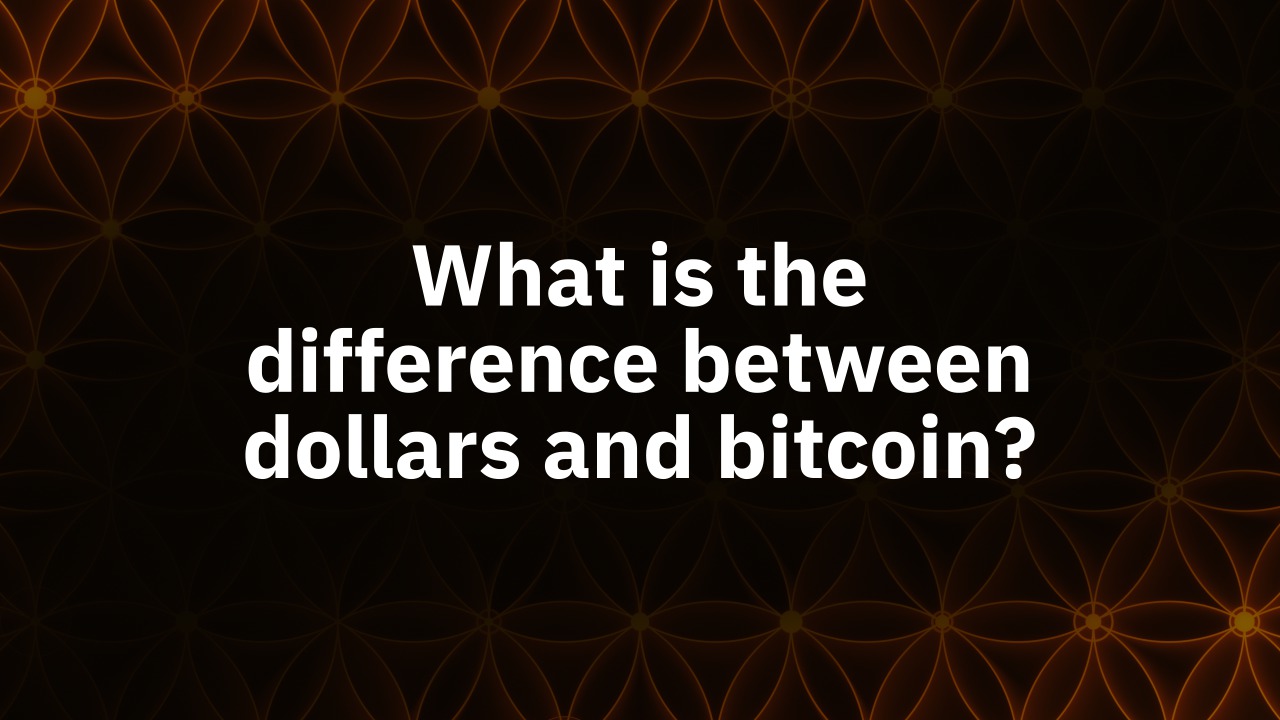
More and more people have figured out that in a world where the money printer goes brr, it is critical to have assets. Stocks, land and sound money like bitcoin seem that they can only go up in dollar terms and that is because there is the inverse where dollarydoo’s and fiat currencies are designed to go down in purchasing power over time, exacerbated by quantitative easing and artificially low interest rates since the disconnect from being gold backed.
*M2 increase vs Purchasing power correlation pic*
People are saving again as a way to build wealth over time, just with bitcoin as the better money. Saving is different than investing, investing inherently has more speculation where as saving is storing value in the most liquid asset, money!

Gold, bonds, real estate, FOREX trading — these popular assets have been around the block and stood the test of time. But do they really deliver good returns over time?
Investment ($)Value after 1Y ($)Return on Inv. (ROI)BitcoinAUDUSD
Bottom line? Most of these traditional assets are either extremely volatile with unpredictable returns or come with almost no risk and almost no reward. If you’re trying to build wealth, Bitcoin is a far more effective way to do so.
ETFs and index funds are quickly gaining momentum amongst beginner investors. These funds help you diversify your portfolio and better manage risk, but are they really worth all the hype?
Investment ($)Value after 1Y ($)Return on Inv. (ROI)BitcoinASX200Dow Jones
IndexS&P500NASDAQ
Bottom line? Investing in an index fund delivers better returns than storing your cash in a high-interest savings account, with the historical average stock market return sitting at around 10% annually NOT adjusted for inflation. However, you also need a brokerage account to buy, sell and trade — the associated costs can quickly add up.
For a lot of beginners, tech shares seem like a high return, low risk investment. So how do these compare to bitcoin?
Investment ($)Value after 1Y ($)Return on Inv. (ROI)BitcoinAmazonAlphabet
(Google)AppleMicrosoftFacebookTelsaNetflixZoomAfterpay
Bottom line? Tech stocks still deliver a high ROI, but the returns are nowhere near as impressive as 10 years ago — plus the price per share is through the roof. Bitcoin is quickly overtaking tech as the next big thing in the investing world, thanks to its high ROI and lower buy-in cost.
2. Unlimited potential
If Bitcoin goes to the moon and becomes mainstream in the future, it will change your life — for the better. Eliminate your FOMO and begin building your wealth for tomorrow today.
3. Easy and simple
Forget mining bitcoin — it’s easier than ever to invest using Amber’s app. Make your first purchase in under 90 seconds, all from the palm of your hand.
Did you know? There’s no need to shell out thousands to invest in one full bitcoin. Anyone can buy and own a fraction of bitcoin called a “Satoshi”
aka: “stacking sats”
At the end of the day, what you invest in depends on your risk appetite and the amount you’re willing to invest. If you’re just beginning your journey, Bitcoin investing is perhaps one of the best decisions you can make for your future.
Reduce risk and build your wealth with Dollar-Cost Averaging
“Dollar-Cost Averaging is a far less stressful way of investing for the long term, irrespective of the kind of asset you’re buying whether it’s shares, real estate, ETFs, mutual funds, bonds — and especially for more volatile assets such as crypto assets & digital currencies.”
– Aleks Svetski, CEO & Co-founder @ Amber Labs
Use Amber’s Dollar-Cost Averaging (DCA) calculator to see how a recurring investment in Bitcoin would have performed.
Get started at https://amber.app/calculate-your-investment/